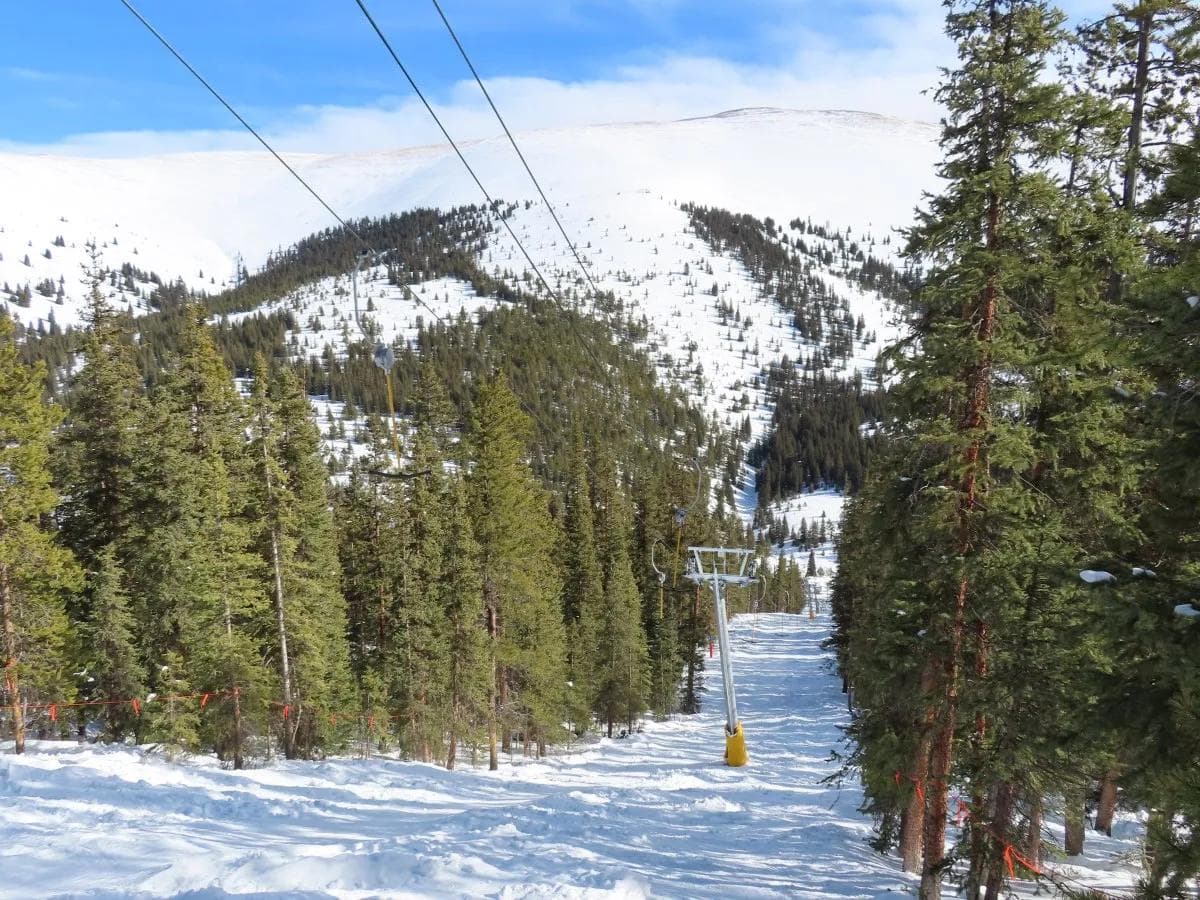
Ski Cooper's Expansion Plans: Balancing Growth and Character
Published Date:
Categories
Colorado's Ski Cooper Unveils Ambitious Growth Strategy
Ski Cooper, a small Colorado ski resort, has experienced significant growth over the past decade. Visitor numbers have increased by 63% in the last ten seasons, partly due to its affordable lift tickets. The resort's midweek tickets cost $45 last winter, with peak day prices reaching $110. Despite being surrounded by larger resorts like Copper Mountain, Vail, Breckenridge, and Beaver Creek, Cooper has carved out a niche for itself, attracting both locals and visitors from the Front Range and nearby states.
Cooper's unique ownership structure has contributed to its success. The fixed assets are owned by Lake County, while operations are managed by Cooper Hill Ski Area Inc., a non-profit organisation. This model has allowed for consistent reinvestment in the resort without accumulating debt. Recent improvements include a new conveyor lift in 2006, the Little Horse T-Bar expansion in 2019, and an overhaul of the Piney Basin triple in 2021.
Looking to the future, Ski Cooper has drafted its 2025 Master Development Plan, which is currently in the final stages before submission to the Forest Service. The plan outlines a three-phase approach to expand and improve the resort. Phase one includes a new fixed-grip quad lift to complement the existing 10th Mountain Double, along with lodge and parking expansions. Phase two proposes a new double chair on Chicago Ridge, opening up 250 acres of new terrain. The final phase includes the resort's first snowmaking system, another double chair called Hoyt's, and a replacement for the Buckeye Platter.
If all proposed projects are completed, Ski Cooper's comfortable carrying capacity would nearly double from 1,819 to 3,682 guests. However, the resort aims to maintain its uncrowded atmosphere and high-quality ski experience.
Ski Cooper's expansion plans reflect a broader trend among smaller ski resorts to grow sustainably while preserving their unique character. The resort's focus on fixed-grip lifts and gradual expansion aligns with its goal of offering an affordable, laid-back alternative to larger, more commercialised ski areas. As Cooper moves forward with its plans, it will need to balance growth with maintaining the qualities that have made it successful: affordability, accessibility, and a relaxed atmosphere that appeals to both locals and visitors seeking a more traditional ski experience.


